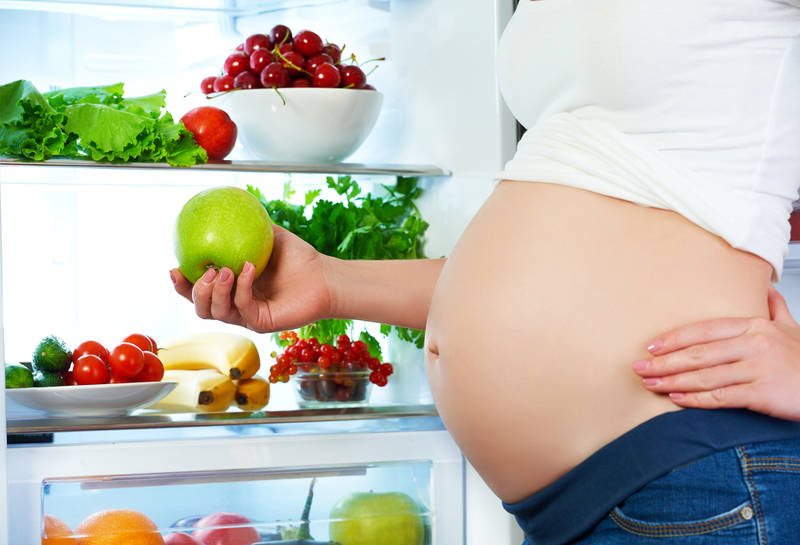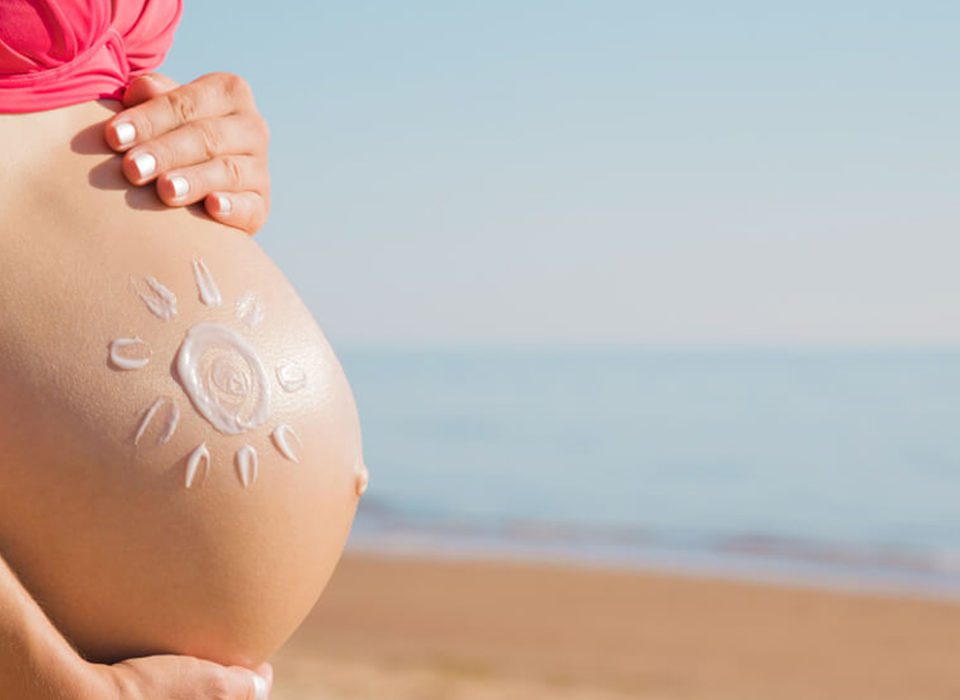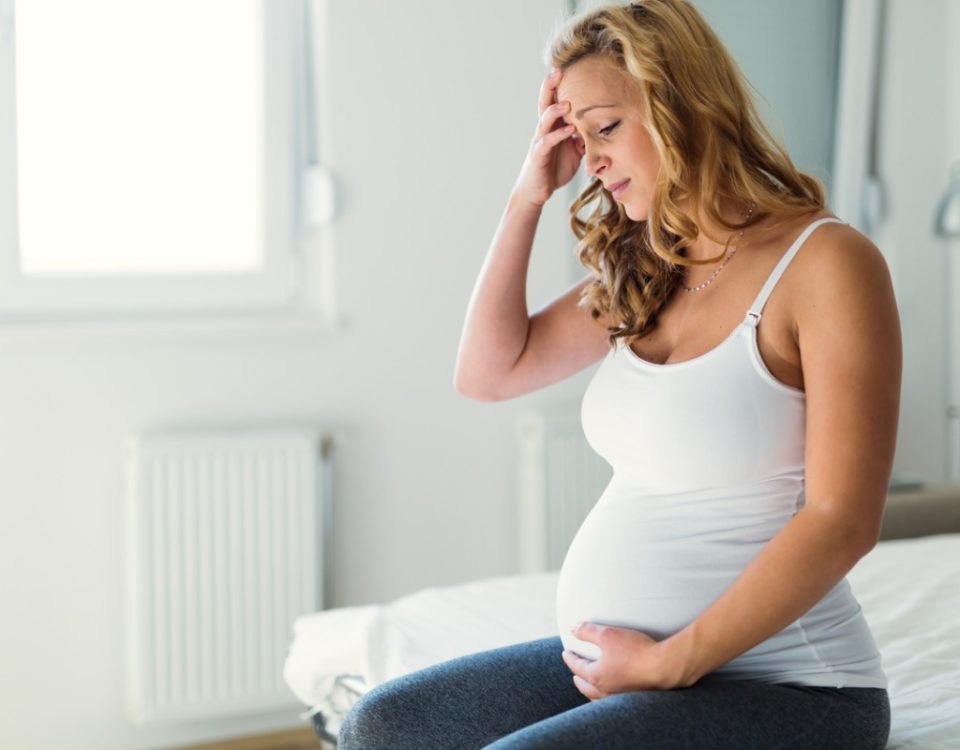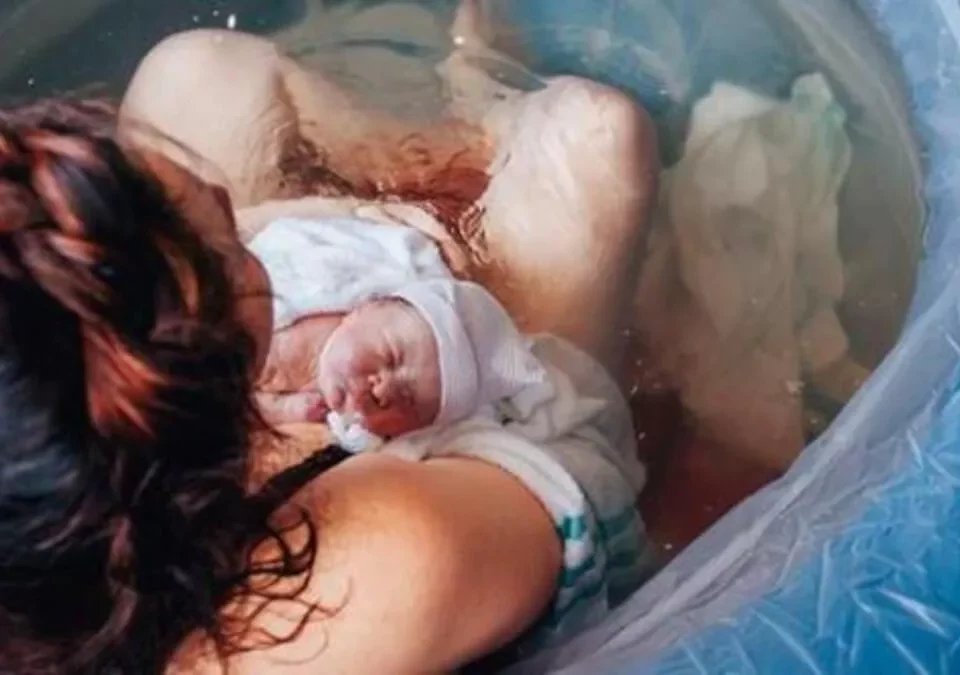Chickenpox (varicella) is an infectious disease caused by the varicella zoster virus (VZV), usually in childhood and characterized by fever and red rashes on the body. Chickenpox, which is usually contracted in childhood, can also be contracted in adulthood, although the chances are low if it was not contracted in childhood. This also applies to pregnant women who have not been previously immunized against chickenpox. Chickenpox during pregnancy can be severe and dangerous, and if no precautions are taken, it can also threaten the health of the baby.
How is chickenpox transmitted during pregnancy?
Chickenpox in pregnancy can be transmitted by direct contact with an actively infected person or by inhalation of airborne virus particles. If the expectant mother has not had chickenpox before and there is a person in her household who has the disease, the risk of the expectant mother getting chickenpox is quite high.
Can chickenpox be prevented?
Yes. Today, chickenpox is among the group of diseases that can be prevented with advanced vaccination programs. If you were not vaccinated against chickenpox during childhood, you should get vaccinated before pregnancy.
Chickenpox Symptoms in Pregnancy
The most common symptom of chickenpox is a red rash on the body. There are also red spots on the face and body, fever, muscle and joint pain, weakness and chills.
If the expectant mother has been in contact with someone who has chickenpox or has contracted the virus through the respiratory tract, the virus begins to multiply locally in the lymph nodes within the first 4 days. It then passes through the bloodstream to other organs such as the liver and spleen, where it continues to multiply. After about 10 to 14 days, it reaches the skin from the organs and the skin begins to show signs of the disease.
Does chickenpox during pregnancy harm the baby?
Getting chickenpox during pregnancycan be risky. Up to 10% of expectant mothers who contract chickenpox may experience pulmonary complications. If left untreated, pneumonia caused by chickenpox can lead to fetal death, as well as the possibility of birth defects.
If the expectant mother has interacted with someone who has had chickenpox through inhalation or direct contact, she should seek medical advice immediately. First of all, it is checked whether the pregnant woman is immune to chickenpox. The expectant mother can then prevent the disease or reduce its severity by taking varicella zoster immune globulin (VZIG) within 72 hours of infection. Apart from these, if the expectant mother experiences severe chest or abdominal pain, bleeding rashes, very severe rashes, rash in the mouth, or a disorder in the immune system, she should consult her doctor and an appropriate treatment method should be followed.
As a result, I recommend that you have your chickenpox vaccination questioned before you become pregnant, be careful in contact with people who have had chickenpox, and contact your doctor if you think you have symptoms of chickenpox.








